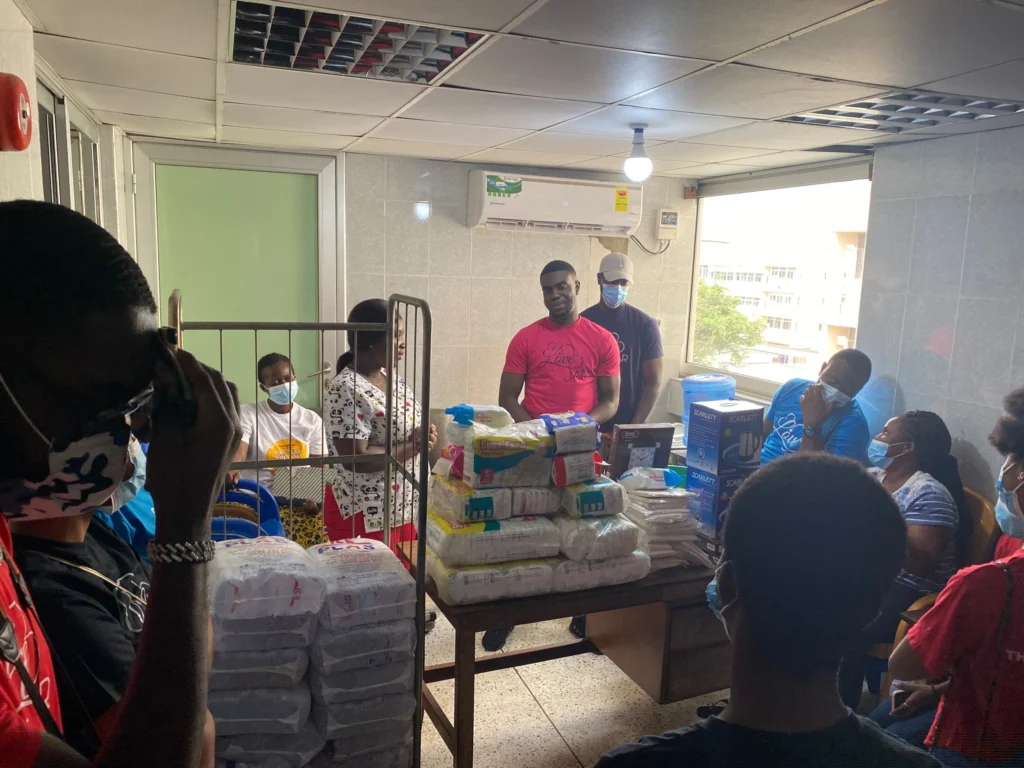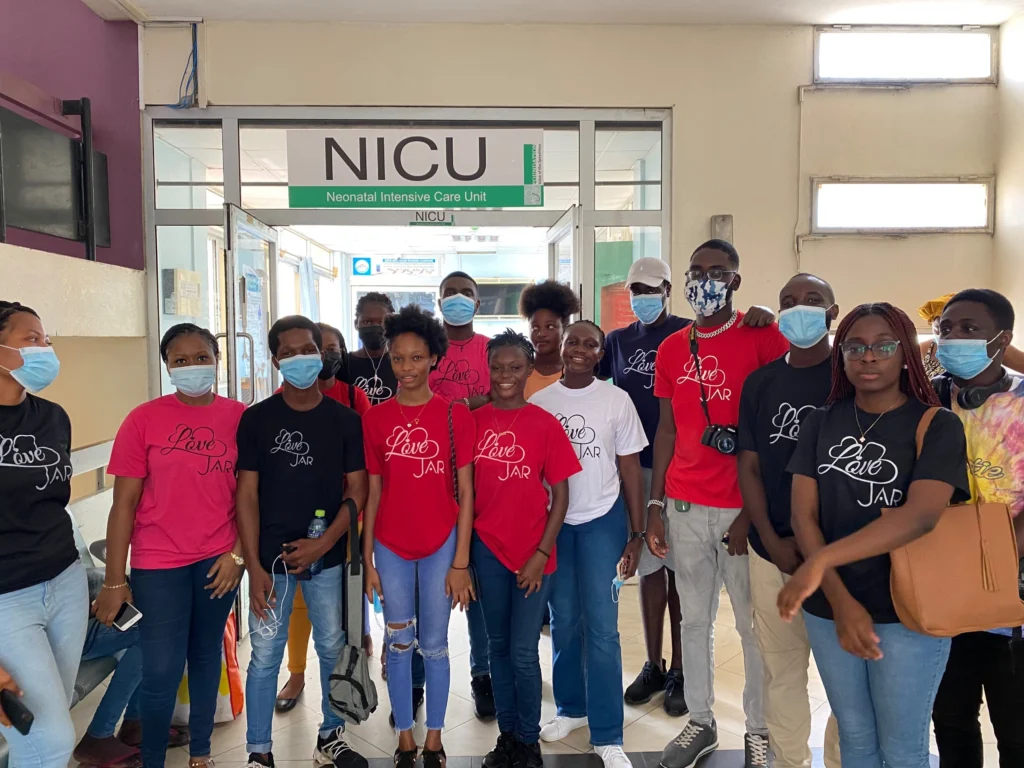Explore Our Vision for Loving Care in Healthcare Ministry

Advanced Techniques and Strategies for Impactful Care at Hospitals and Health Centers
In Ghana, hospitals and health centers work hard to provide quality care, but they often face challenges like limited resources, remote locations, and cultural differences. Christian non-governmental organizations (NGOs) in Ghana, like Love Jar, have a special role to play by offering practical and compassionate solutions that improve healthcare while reflecting Christian values like love, service, and community. Here we share some advanced yet practical techniques and strategies that Christian NGOs can use to make healthcare more impactful, meaning care that not only treats sickness but also supports the whole person, body, mind, and spirit.
1. Community Health Workers: Extending Care to Every Corner
A great way to reach people in rural or hard-to-access areas is by training Community Health Workers (CHWs). These are local people who learn basic healthcare skills, like checking blood pressure or teaching about hygiene, and then help their neighbors. CHWs can visit homes, share health advice, and connect people to hospitals when needed. For a Christian NGO, this strategy spreads care further and builds trust, as CHWs understand their community’s language and beliefs. It’s a practical way to show God’s love through service.
2. Telemedicine: Using Technology to Bridge Distances
Telemedicine means using phones, computers, or other tools to connect patients with doctors far away. In Ghana, where some villages are hours from a hospital, this can be a game-changer. A patient might talk to a doctor on a video call or send their symptoms through a mobile app. Christian NGOs can set up telemedicine stations in remote areas, partnering with tech experts to make it happen. This brings expert care closer to people, showing how innovation can serve God’s purpose of helping the needy.
3. Preventive Care Programs: Stopping Sickness Before It Starts
It’s easier and cheaper to prevent diseases than to treat them later. Christian NGOs can run programs like vaccination campaigns, workshops on healthy eating, or free check-ups to catch problems early. For example, teaching families to wash their hands properly can prevent infections. This fits with the Christian idea of caring for our bodies as gifts from God. By focusing on prevention, NGOs can keep communities strong and healthy.
4. Integrated Care Models: Healing Body, Mind, and Soul
Healthcare isn’t just about fixing physical problems—it’s also about emotional and spiritual well-being. Integrated care means doctors, counselors, and spiritual leaders work together. Imagine a patient getting medicine for malaria, talking to a counselor about their worries, and praying with a pastor for strength. Christian NGOs are perfect for this because they value holistic care. This approach can make patients feel fully supported, reflecting Christ’s compassion.
5. Partnerships with Local Churches: Building on Community Strength
Churches are central to many Ghanaian communities, so they’re great allies for healthcare. NGOs can team up with churches to host health fairs, share medical supplies, or teach about health during services. A church might even let its building be used as a clinic for a day. This partnership uses what’s already there—church networks—to spread care wider. It’s a practical way to live out the Christian call to serve others.
6. Capacity Building: Training Workers to Care Better
Good healthcare needs skilled and kind workers. Christian NGOs can offer training for nurses, doctors, and CHWs—not just in medical skills like giving injections, but also in how to listen and show empathy. Training can happen through workshops or mentoring, tailored to Ghana’s needs. By building up workers who care with both skill and heart, NGOs ensure patients get the best treatment possible, honoring the Christian value of excellence in service.
7. Data-Driven Decision Making: Using Information Wisely
Data is like a map—it shows where to go and what to do. NGOs can use simple tools, like notebooks or phone apps, to track things like how many people get sick or which programs work best. For example, if data shows a village has lots of malaria cases, the NGO can focus on mosquito nets there. This helps use limited resources smartly. For a Christian NGO, it’s about being good stewards of what God provides, making care more effective.
8. Patient-Centered Care: Putting People First
Every patient is different, with their own needs and beliefs. Patient-centered care means listening to them, respecting their culture, and letting them help decide their treatment. In Ghana, this might mean explaining care in Twi or Ga, or working with traditional healers when it makes sense. Christian NGOs can lead here by treating each person with dignity, showing the love of Jesus through respect and understanding.
Start Transforming Lives with Love Today
- Biblical Foundations
- Practical Solutions
- Holistic Care
- Evidence-Based Practices
- Empowered Leadership

